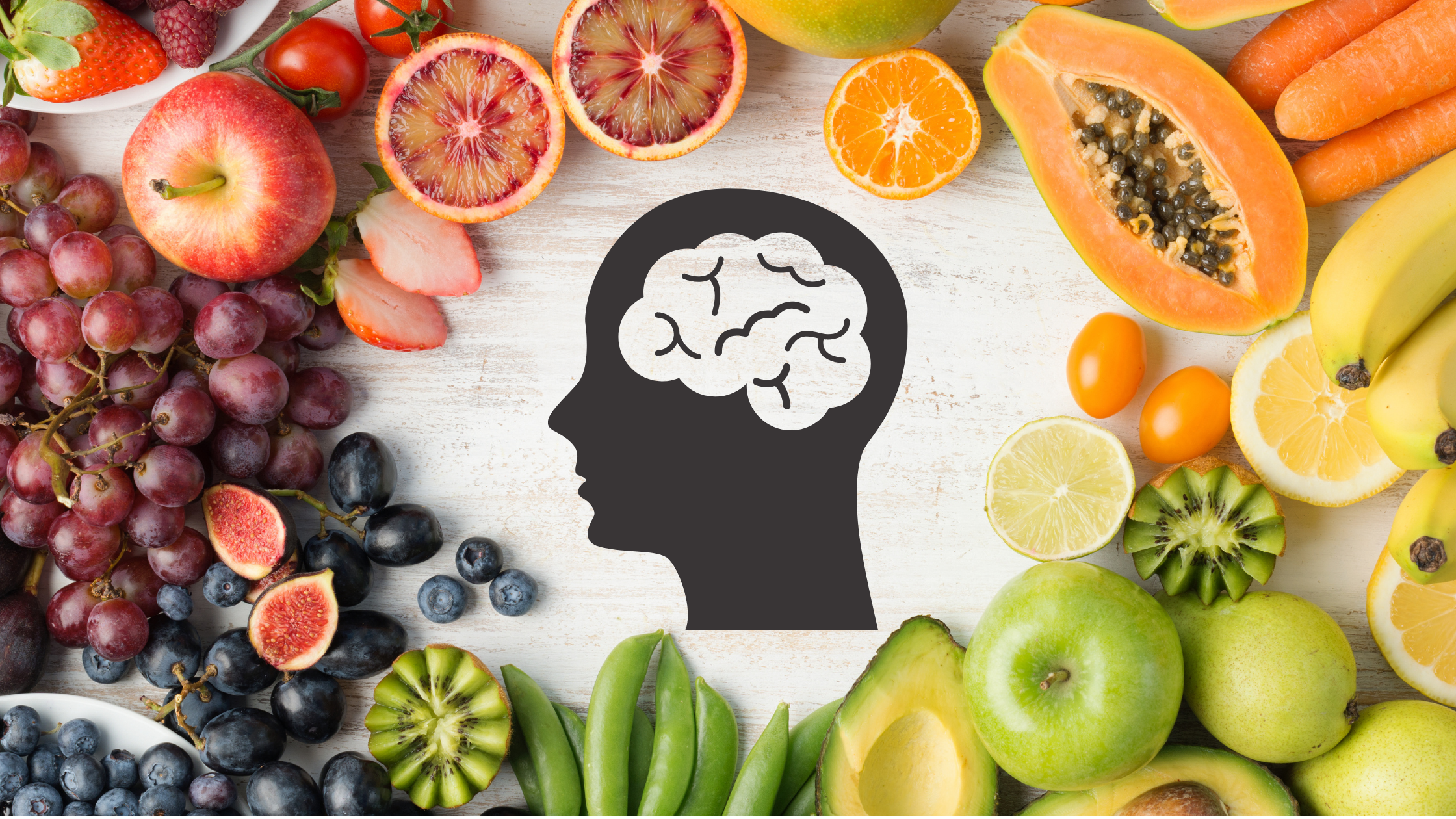
The Mind-Body Connection: How Your Food Choices Impact Your Mental Health
The brain is constantly working in order to ensure the body functions properly. This requires fuel, which comes from the food we eat. The food we consume isn’t merely fuel for our bodies; it significantly influences our cognitive functions, emotions, and overall mental well-being. Understanding the link between food choices and mental health reveals the power of a nutritional diet. The food you eat affects your brain greatly, which then in turn affects your mental health. Processed foods and sugar negatively impact the brain and lead to negative mental health outcomes.
Nutrition as a Cornerstone of Mental Health
Consider your brain as a high-performance engine, reliant on a constant supply of nutrients to function optimally. Nutrients like omega-3 fatty acids, vitamins, minerals, and antioxidants aren’t just beneficial for physical health; they play pivotal roles in neurotransmitter synthesis, brain cell protection, and regulation of mood and cognition. A majority of studies on the topic have found that a healthy diet in college students would experience less negative mental health outcomes like depression and anxiety and would experience greater overall mental well-being.
Food for Thought: The Impact of Diet on Mental Health
Research consistently highlights the impact of dietary patterns on mental health. Diets high in processed foods, sugar, and unhealthy fats correlate with increased risks of depression, anxiety, and mood disorders. Conversely, diets rich in whole foods, fruits, vegetables, lean proteins, and healthy fats show associations with better mental health outcomes and cognitive function. An often underestimated player in mental health is the gut microbiome. The gut-brain axis—a bidirectional communication pathway between the gut and the brain—demonstrates how the health of our gut impacts our mental state. A balanced and diverse gut microbiota, nurtured by a diet rich in fiber, prebiotics, and probiotics, contributes significantly to mood regulation and mental clarity.
How Sugar and Omega-3s Impact the Body
The rollercoaster of blood sugar levels resulting from excessive sugar consumption not only affects physical health but also contributes to mood swings and irritability. Moreover, high-sugar diets can trigger inflammatory responses within the body, potentially impacting mental health by exacerbating conditions like depression and anxiety. Omega-3 fatty acids, found abundantly in fatty fish, walnuts, and flaxseeds, are crucial for brain health. Studies suggest that these essential fats play a role in reducing symptoms of depression and supporting overall mental well-being.
Mindful Eating: Nurturing Mental Wellness Through Food
Cultivating mindful eating habits isn’t just about the food on our plate; it’s about nourishing our mental well-being. Paying attention to the colors, textures, and flavors of our meals, practicing moderation, and choosing whole, nutrient-dense foods can be transformative for mental health.
Conclusion
As we navigate the complexities of modern life, acknowledging the profound impact of food choices on mental health is empowering. By prioritizing a balanced, whole-food-based diet, we aren’t just nurturing our bodies; we’re investing in the vitality of our minds. Small, conscious changes in our dietary habits can yield significant improvements in mental clarity, emotional resilience, and overall well-being. Remember, while food isn’t a fix-all for mental health challenges, it’s a powerful tool in the arsenal of self-care. Let’s nourish our bodies and minds, fostering a harmonious relationship between what’s on our plates and our mental vitality.
